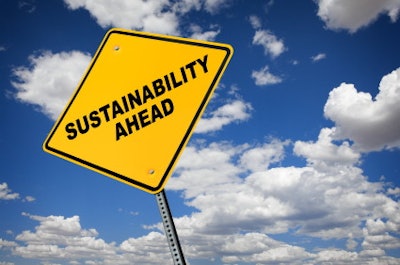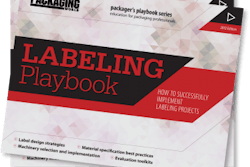Our manufacturing technologies and the chemistry they employ were developed in a very different era. When our industrial production and consumption systems were developed, global population was less than a third of what it is today, environmental problems were small and localized, not global and potentially catastrophic as climate disruption and ocean acidification are now, and toxicity and waste levels of were minimal.
Under these conditions, businesses had no reason to pay attention to the adverse impacts of what they produced, purchased, or used. To the contrary, people were rightfully thankful for the benefits of burning coal, oil, and gas to run their organizations, make travel easier, and power the economy. They appreciated cheap, lightweight plastics for the ease they provided over heavier metals and glass. They reveled in the availability of a vast array of synthetic chemicals to meet all sorts of needs.
These goods and services raised the standard of living and gave the appearance of progress, so people were oblivious to the costs to our planet and its people of choices that at the time were well meaning. But conditions have fundamentally changed, and we now know that grave perils face humanity. Yet the methods, composition, and impacts of the things we make, buy, and use on a daily basis today are still for the most part the outcome of decisions and processes made 50 to 100 years ago. As a result, most production processes, goods, and services have significant adverse impacts in our workplaces—and on the natural environment that is the source of all life.
The economic rule of thumb of the past century—more and cheaper is better—must be supplanted by a new refrain for economic success and personal happiness: Sustainable is better, healthier, morally just, and essential to sustain life on the planet.
Following are six cost-effective changes every organization can make to become more sustainable and environmentally friendly, and to increase its longevity:
1. Complete a complete value chain-wide Life Cycle Analysis (LCA) of the environmental and social impacts of your goods and services. Most firms don't realize the benefits of an LCA, but they are substantial. This will help your company see the systems of which it is a part and understand the consequences of its current activities on those systems.
2. As the LCA is being completed, undergo an energy audit and carbon footprint analysis for your production and distribution facilities to understand how energy is used and greenhouse gas emissions are generated. This is an easy and inexpensive process to discover ways to save money.
3. Hold a company-wide dialogue and adopt a clear set of ethical tenets to guide all of the firm's activities focused on doing no harm to the natural environment and other people, here or abroad.
4. Then, demonstrate a commitment to that tenet by setting an ambitious target—say 30%—and implementing an efficiency and conservation plan in your facilities to reduce energy use. Also look for ways to achieve similar energy reductions throughout your company's entire value chain.
5. Similarly, develop a plan to phase out the use of coal, oil, and gas fossil fuels throughout your entire value chain within five to 10 years. Use a combination of increased energy efficiency and clean renewable energy such as wind and solar power to achieve that goal. This is very doable.
6. In addition, set an ambitious goal—say 30%—and phase in a plan to reduce waste to landfills by increasing reuse and recycling at all of your facilities. Then, look for ways to achieve similar goals throughout your company's entire value chain. This is another relatively easy cost saver.
Bob Doppelt is the executive director of The Resource Innovation Group (TRIG) and an adjunct professor in the Department of Planning, Public Policy and Management at the University of Oregon where he teaches systems thinking and global warming policy. He is the author of “From Me to We: The Five Transformational Commitments Required to Rescue the Planet, Your Organization, and Your Life.”


























